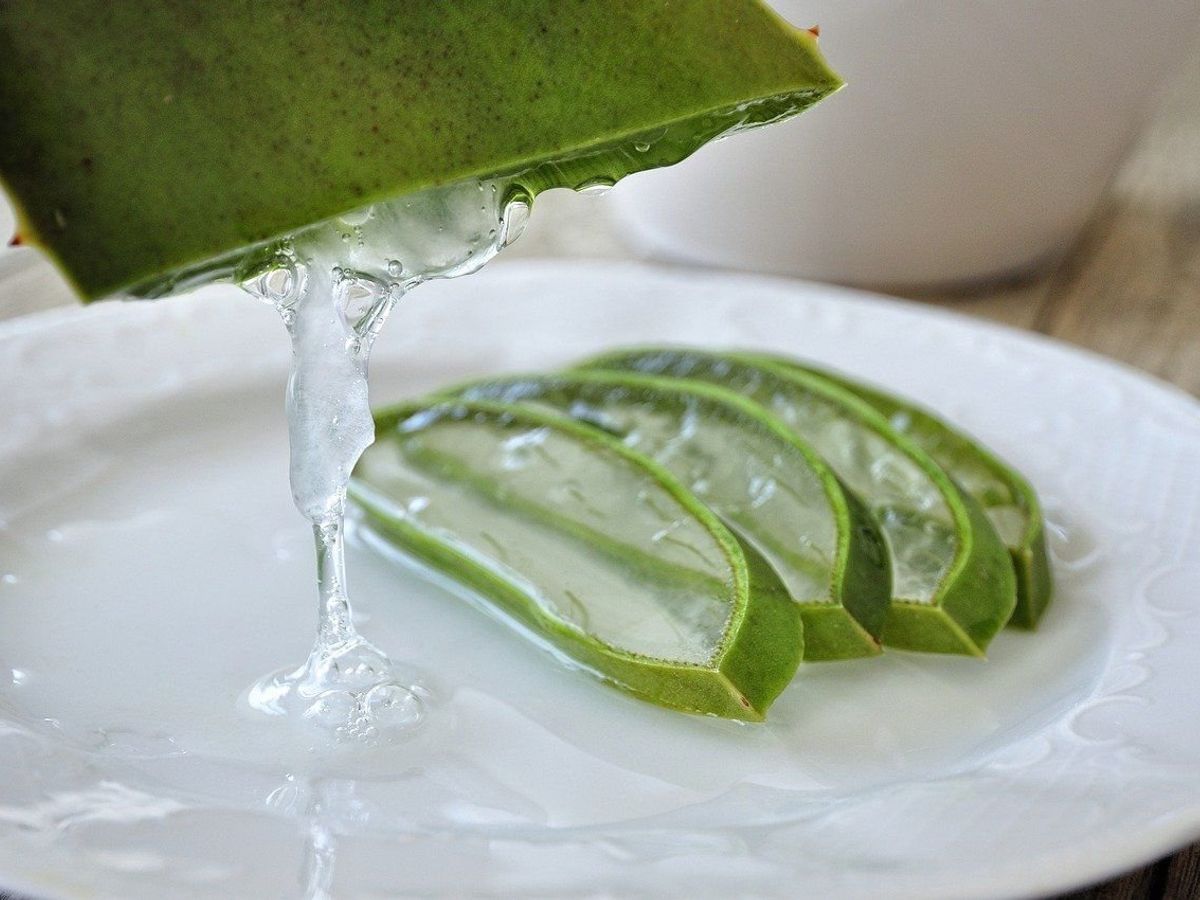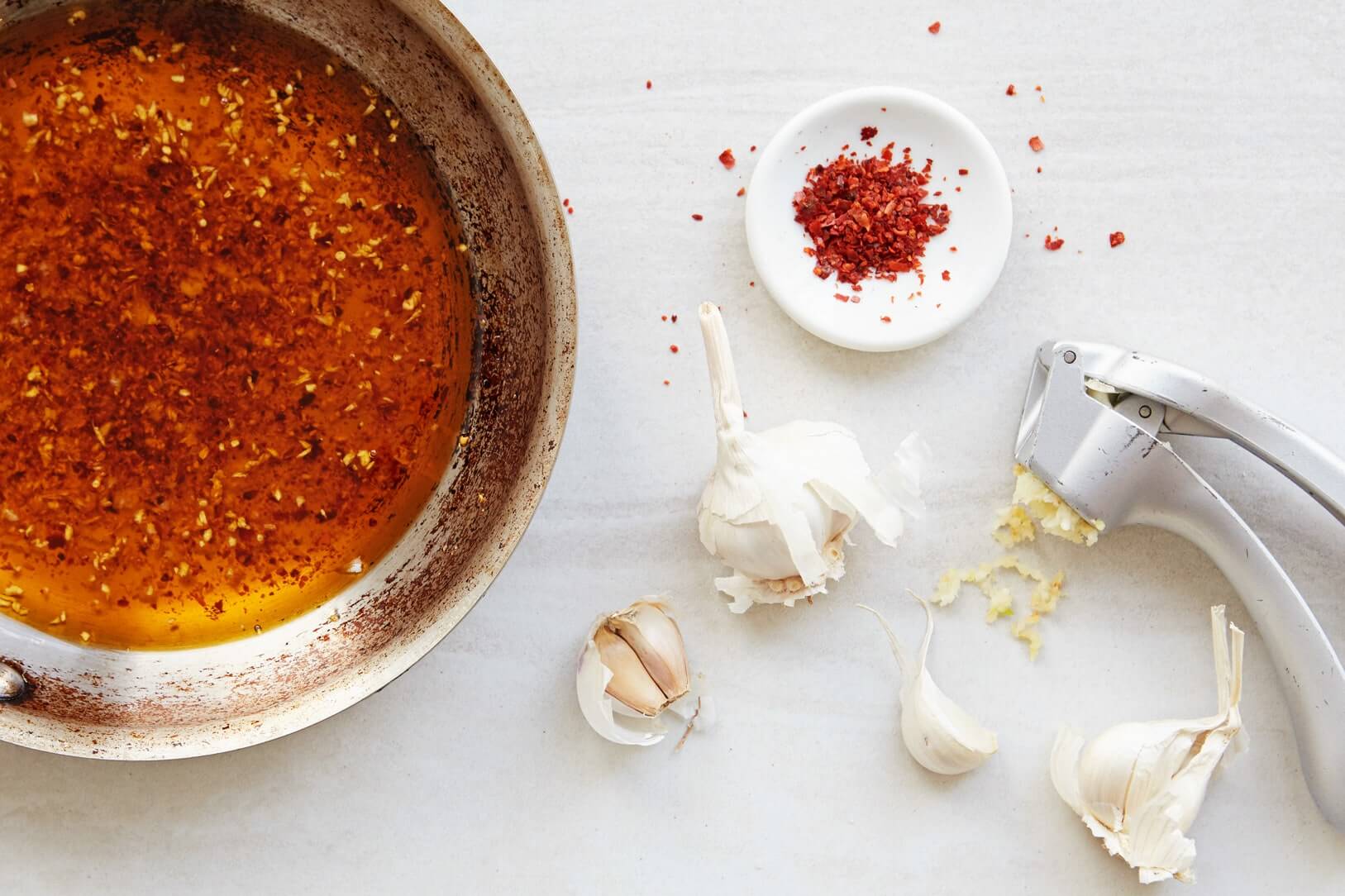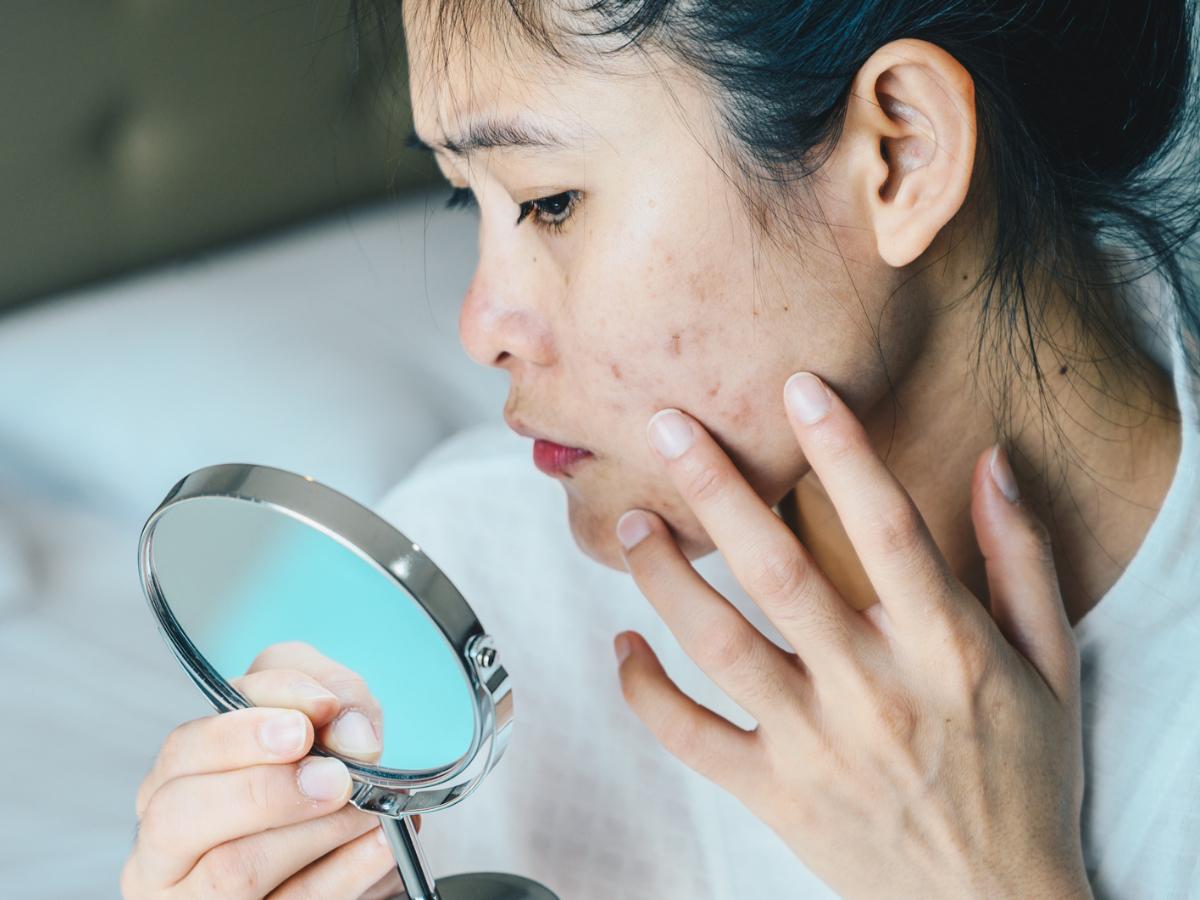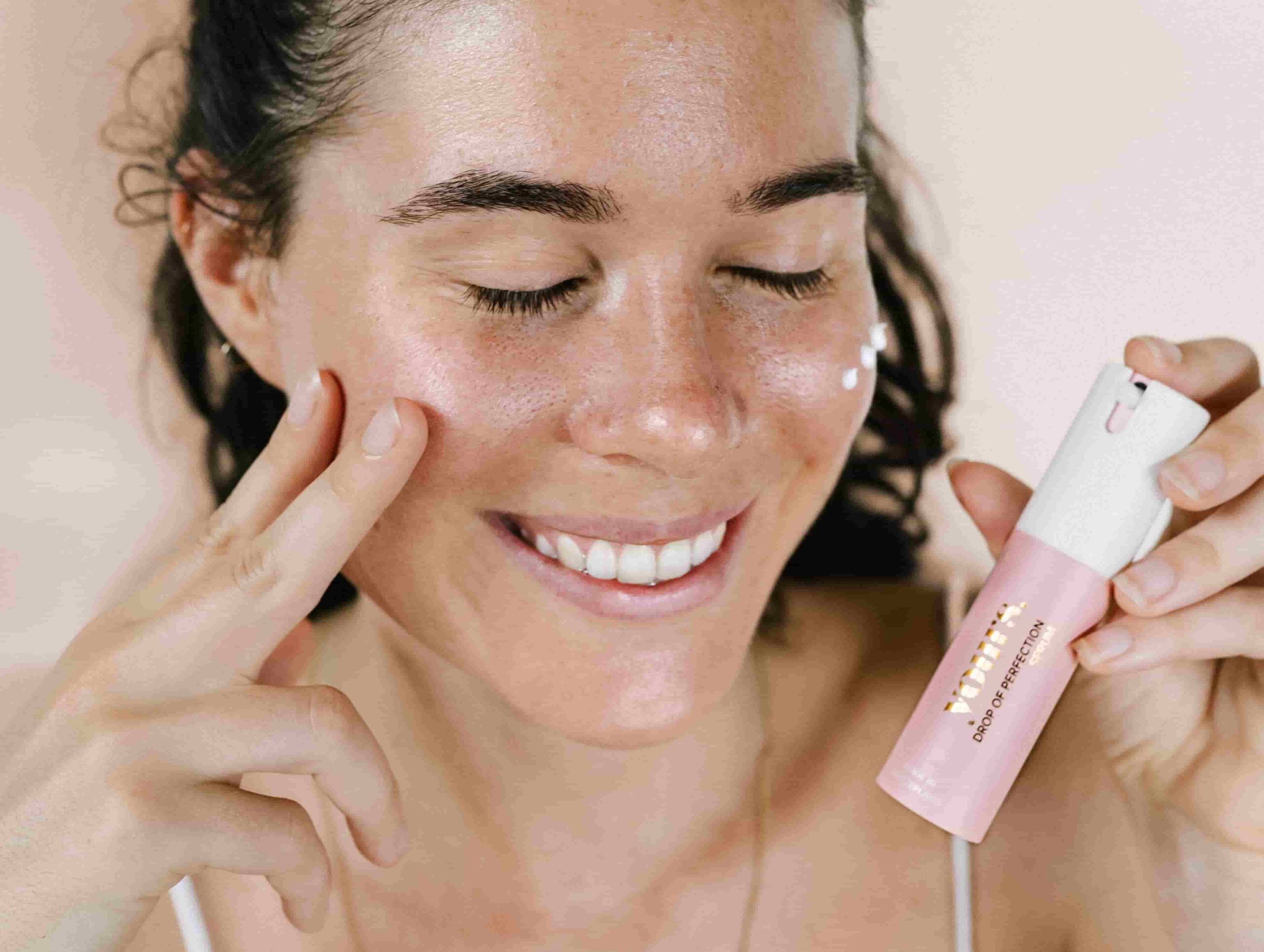Have you ever noticed how your skin changes with the seasons? If so, you’ve probably observed that your skin becomes drier and flakier throughout the colder winter months. Cold air, dry indoor heat, low humidity levels, and severe winter winds can all dehydrate your skin. This can cause your skin to appear duller than usual – not only on your face, but also on your hands, feet, and other exposed areas.
There are precautions you can take to keep your personal care routine healthy even when temperatures drop and get free from clam dry and irritated winter skin. Now no need to play hide & seek with wintry dry, chilly air!
Do you wish for healthy, radiant skin? Avoid taking long, steamy showers.
It could be tempting to stand under flowing hot water for a longer period of time than usual. However, all you need is 5-10 minutes of lukewarm shower time. Avoid putting extremely hot water on your body since it may cause rashes and lead your skin to dry out quickly. Coldwater is more effective in removing bacteria from your hands and face.
Add Aloe Gel In Skin Care Routine

source: zoomtventertainment.com
Every day, apply some aloe vera gel to extra-dry skin. Aloe’s acids dissolve dead skin cells and hasten the healing process. Purchase a ready-made product or cut the end of an aloe leaf, split it open, and apply the gel to the dry area. Learn more about skincare tips for younger-looking skin on Live Enhanced.
Don’t Skip Sunscreen
Just because the sun won’t be shining as brightly during the dreary winter days doesn’t mean you should skip wearing sunscreen on a daily basis. Always apply a moisturizer, broad-spectrum sunscreen with an SPF of 15 or higher to all exposed regions of your body.
Cook With Garlic

source: epicurious.com
Skin cells cultivated in a culture dish and treated with garlic had seven times the longevity of cells grown in regular culture, according to a Danish study published in 1996. They also appeared healthier and younger than untreated cells. Furthermore, garlic extract significantly reduced the proliferation of malignant skin cells. Discover the skin changes you should never ignore.
Orange A Day, Keep Dry Skin Away
Oranges are high in vitamin C, which is required for the production of collagen, which keeps the skin smooth and youthful. Guava, kiwi fruit and red peppers are also high in vitamin C.
Stay Hydrated

source: advancedwaterinc.com
The air is drier in the winter, whether inside or outside. As a result, water easily evaporates from your body. As a result, you must maintain your skin hydrated. You can also install a humidifier to control the humidity in your home. This will undoubtedly keep your skin pleased.
Don’t Touch Face
Because your hands touch so many different surfaces, they attract dirt and bacteria. You’ve transferred everything on your hands to your face by rubbing your eyes, stroking your chin, and cupping your cheek. As an extension of this, when talking on the phone, utilize headphones or a headset.
Every Season New Moisturizer
Replace your moisturizer as the seasons change. In the winter, your skin requires more moisture than in the summer. So, when it’s time to put on a heavy coat, get a heavier moisturizer. When you change your outerwear for t-shirts, choose a lighter one.
Avoid Which Harms Your Skin

source: pinkvilla.com
If you have persistent skin problems, such as eczema, use this method. Winter skin is especially vulnerable, and allergens can aggravate your symptoms. Many people are allergic to wool, but they can’t stop wearing their winter knits. If you find yourself in this situation, always go for winter gear made of high-quality wool.
Don’t Forget Your Sunglasses
This is especially important for people who live in snowy areas. Sun and snow glare can injure the skin around your eyes, causing brown spots, fine wrinkles, and other problems. So, anytime you go outside, wear good quality UV-protected sunglasses, ideally with wide arms.
Choose Cosmetic Carefully
If you have sensitive skin, keep your beauty stuff simple. Avoid anything with colors or fragrances, as well as anything that makes bubbles or has the word “antibacterial” on the label.
Do not Exfoliate your Skin More

source: shopify.com
Exfoliating the skin helps in the removal of dead cells. You must take precautions throughout the winter months because your skin’s barrier is already damaged owing to the dry and cold weather. Exfoliating your skin once a week is sufficient; this aids in skin renewal and product absorption. Also, depending on your skin type, you should exfoliate. Exfoliate your skin softly if you have really dry skin. Once a week is sufficient if you have mixed or oily skin.
Take Care of Your Skin
If you go outside in the winter, you must protect your skin from the chilly wind, snow, or rain. Wear gloves and caps, and don’t forget to apply sunscreen lotion. Although the warm sunbeams are comforting, the UV rays can nonetheless do significant damage to your skin. Select a sunscreen with titanium dioxide or zinc oxide.




